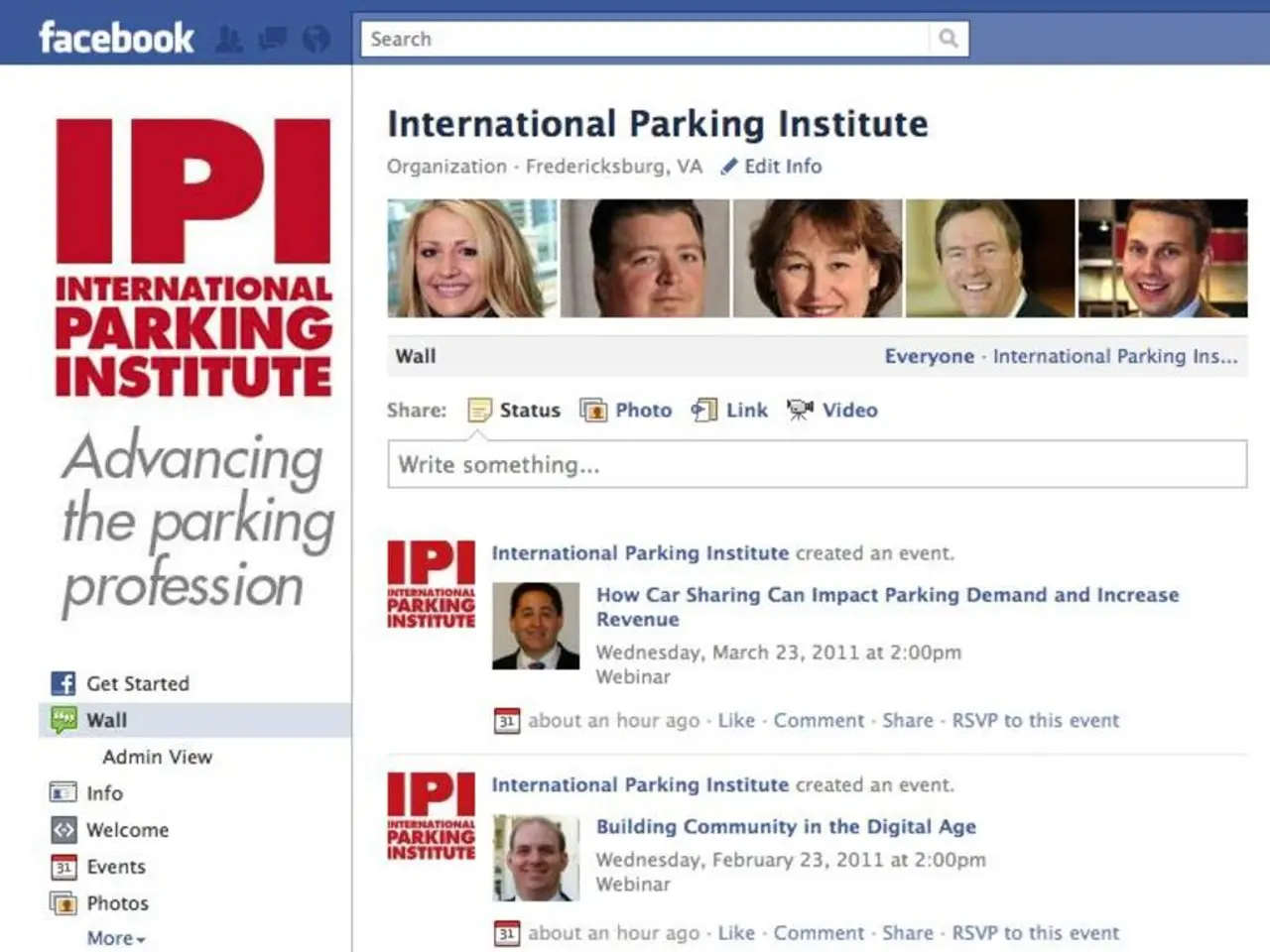Influence of Digital Platforms on Daily Living Patterns
In today's digital age, social media has become an integral part of our daily lives, shaping lifestyle choices, mental health, and consumer behaviour. This article explores strategies for managing social media's impact on our lifestyle.
Social media significantly alters social interaction patterns and daily routines, fostering new social networks but also fragmenting time use. It encourages self-presentation, shaping both individual and collective identities. Additionally, social media intertwines consumer culture with lifestyle, promoting consumption as a key part of identity and behaviour.
However, prolonged and excessive social media use among young people is linked to declining attention spans, emotional volatility, emotional fatigue, compulsion, depression, loneliness, and lower self-esteem. Social media can disrupt real-life social interactions, lowering the quality of these connections and contributing to feelings of isolation and emotional distress. Limiting social media use has been shown to reduce loneliness and depression.
Social media platforms facilitate targeted marketing and shape consumer behaviour by embedding consumption into lifestyles, encouraging materialistic values and habitual purchasing linked to identity construction. The constant exposure to advertising and influencer content modifies purchasing decisions and consumption habits, making consumption a lifestyle statement.
To manage social media's impact, it's essential to limit screen time, unfollow accounts that promote unrealistic standards, and be mindful of the impact of social media on cultural norms and trends. Cultivating a strong sense of self-worth and identity outside of social media is important.
Social media can provide a platform for connecting with friends and family, accessing information and resources, and building communities around shared interests. However, it can also contribute to feelings of anxiety, depression, and low self-esteem, as well as promote cyberbullying and negative comparison with others.
It's crucial for platforms to take responsibility for promoting authentic content and creating a safer online environment for their users. Social media can affect relationships and communication by providing new ways to connect and stay in touch, but also by creating potential for misunderstandings, jealousy, and conflict.
In conclusion, social media's pervasive presence reshapes how people interact socially, how they view themselves and others emotionally, and how they consume products, with both positive connections and significant risks to mental well-being and behaviour patterns. Developing strategies for managing social media's impact on lifestyle is essential for maintaining a balanced digital experience.
Source: Our Website
- Social media's influence extends to various aspects of our lives, including health-and-wellness, mental-health, and lifestyle, as it can significantly impact our emotion, self-esteem, and behavior.
- The entertainment industry leverages social media to foster relationships with fans, distribute content, and stimulate consumer culture, intertwining entertainment with our daily lifestyle.
- In the realm of health-and-wellness, maintaining relationships outside of social media, cultivating a strong sense of self, and managing screen time effectively can help mitigate the potential negative effects of social media on our mental health.




